Major sticking points still beset Cancun summit
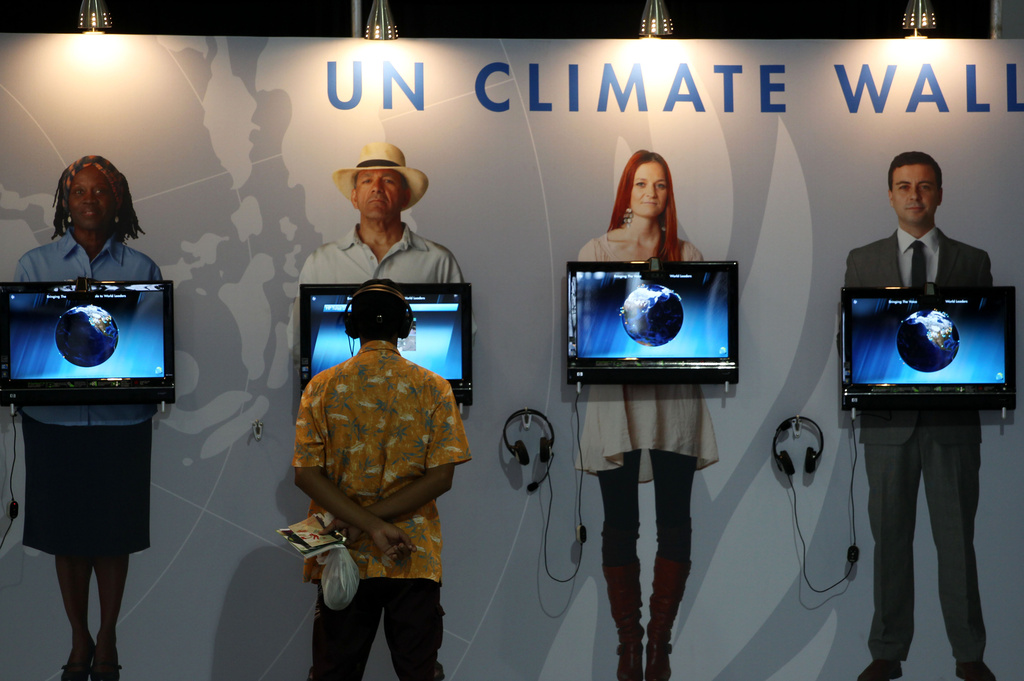
Switzerland’s top climate negotiator Franz Perrez says it will be very difficult to seal anything more than a symbolic deal in Cancun.
Talks at the United Nations climate conference have entered their decisive final week, but countries are divided over how to toughen existing pledges to cut carbon emissions, made at last year’s Copenhagen summit.
Outside the conference rooms, the Mexican beach resort is a hive of activity as 15,000 delegates, journalists and other participants commute back and forth between the two main sites located several kilometres apart.
Non-governmental organisations (NGOs), experts and companies have set up stall at the ultra-modern Cancun Messe convention centre, while government officials are holed up at the plush, sprawling Moon Palace Golf and Spa Resort with its “swim up” bars, horse-drawn carriages and golf course designed by Jack Nicklaus.
It is here that negotiators from 190 countries, the majority in relaxed casual wear as recommended by the hosts, have been trying to hammer out a deal.
But unlike in Copenhagen in December 2009, when the discussions were heated, climate observers are struggling to pick up the tell-tell signs of stress and tension among the delegations.
This could be down to the modest expectations after the disappointment of Copenhagen. Yet a strange calm reigns, despite Mexican gunships off the white beaches and a heavy police presence along the coastal road linking the main regional towns and cities.
“Modest” breakthrough
For Patrick Hofstetter, spokesman for the Swiss Climate Alliance, a federation of 60 organisations from civil society, “the likelihood of a failure is about the same as for Copenhagen, and everyone is wondering what we are heading for”.
Yet he commends the Mexicans for getting all parties involved and promoting transparency rather than behind-the-scenes negotiations. But if this strategy evaporates, countries that feel sidelined could simply reject everything, as they did in the Danish capital.
According to Hofstetter, two-thirds of NGOs close to the talks expect a “modest” breakthrough in Cancun on the basis of consultations on Sunday.
They are particularly hopeful about decisions on deforestation, financing for developing countries, adaptation measures and the follow-up process for negotiations in South Africa next year.
However, other NGOs say the whole climate talks process is doomed.
“Symbolic deal”
Perrez describes the talks as “very difficult”, with disagreements over the substance as well as the negotiating procedures.
He felt securing anything more than a symbolic deal in Cancun would be complicated.
Countries are divided over the negotiating text and strategy. The question is: should it be tackled line by line or should they discuss concepts and let other officials draft a text based on common points of agreement?
The biggest obstacles regarding content involve greenhouse gas emission reductions.
Many developing states refuse to move ahead before the countries bound by the Kyoto Protocol accept to continue with a second commitment period after 2012, explained Perrez.
Large emitters
But this second period cannot be decided in Cancun as it requires the clarification of rules for measuring countries’ emission commitments, he added. For most states bound by Kyoto, large carbon-dioxide-emitting emerging countries like China and India also have to show they are ready to undertake similar commitments.
“A second period for Kyoto cannot resolve the problem as states bound by the protocol represent less than 25 per cent of CO2 emissions,” said the Swiss negotiator.
A second critical obstacle in Cancun is the objective to limit the rise in average global temperatures to less than two degrees Celsius. Island states say this limit is too high and reject it categorically.
Yet there has been some progress at the Moon Palace, such as over deforestation, said Perrez.
“The important issues surrounding this are almost resolved, thanks to a strong position and commitment from Switzerland,” said Perrez. “We still need political decisions on certain aspects but we are hopeful of a breakthrough”.
The UN Climate Change Conference takes place in Cancun, Mexico, from November 29 to December 10.
The negotiating process revolves around sessions of the signatory parties to the UN Framework Convention on Climate Change (UNFCCC), which meet annually to review how the convention is being implemented.
Talks include the issues of adaptation, reducing greenhouse gas emissions, climate finance, and the future of the Kyoto Protocol.
The UN and Mexico say progress has been made on setting up funding for developing nations to cope with the effects of climate change, as well as the thorny issue of measuring and verifying countries’ emissions of greenhouse gases but that a deal to replace the Kyoto Protocol was farther off.
The protocol, the UN’s main tool for curbing greenhouse gas emissions, expires at the end of 2012.
More than 120 nations agreed in Copenhagen in 2009 to find a way to limit the rise in average global temperatures to less than 2 degrees Celsius but differences remain over how to achieve that goal.
Ahead of the summit China admitted producing the most greenhouse gases. But it says the main engine driver for talks is still the developed nations, the US in particular.
For the issue of financing adaptation measures, states have agreed to set up a special fund worth $100 billion a year from 2020 onwards to help the most vulnerable countries.

In compliance with the JTI standards
More: SWI swissinfo.ch certified by the Journalism Trust Initiative

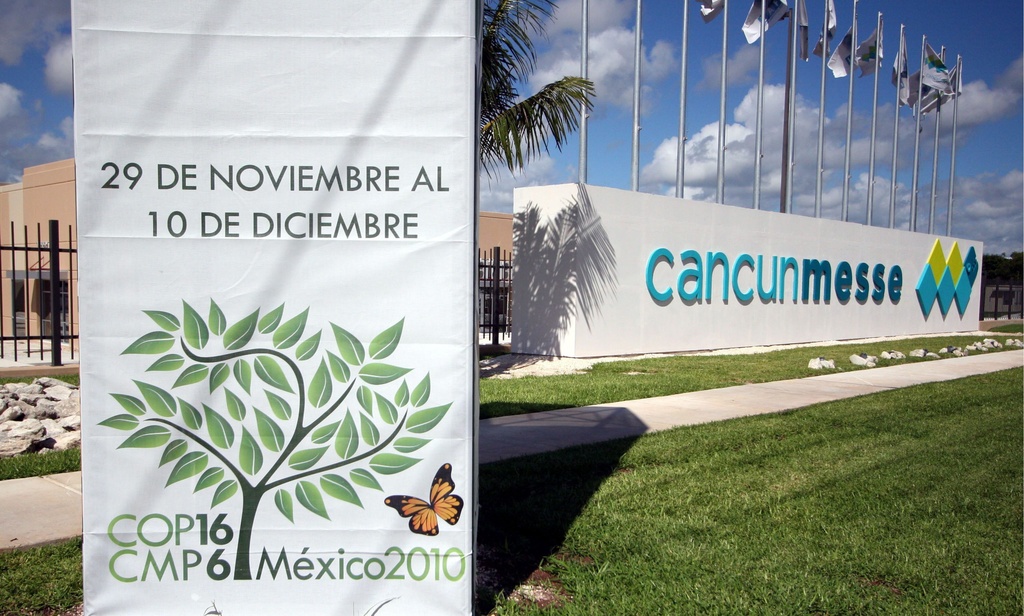
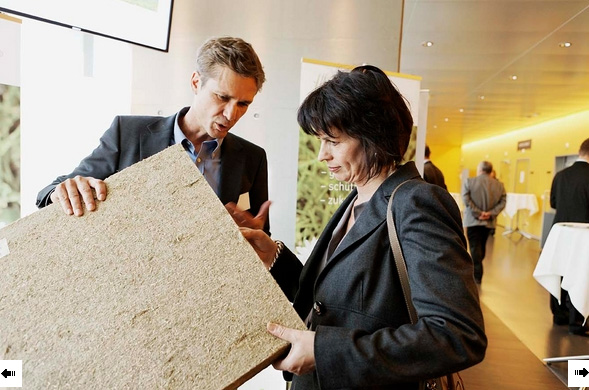
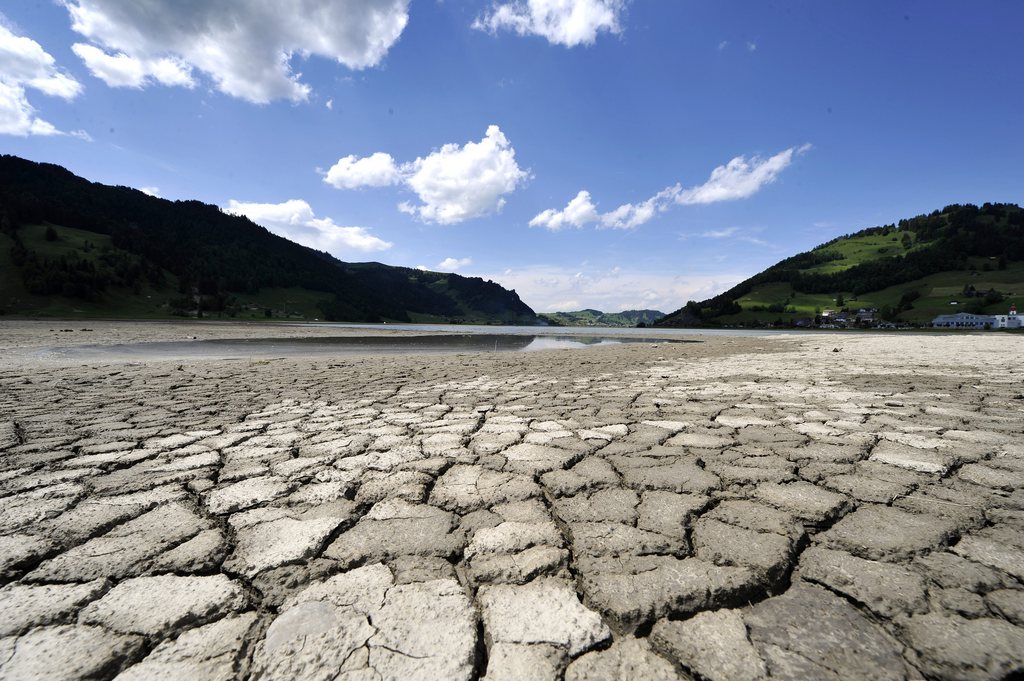


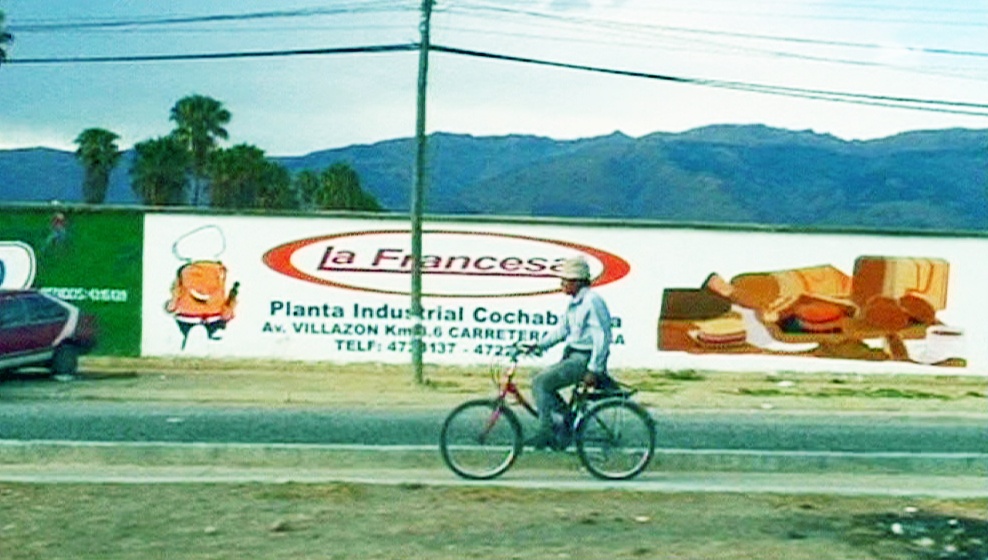
You can find an overview of ongoing debates with our journalists here. Please join us!
If you want to start a conversation about a topic raised in this article or want to report factual errors, email us at english@swissinfo.ch.